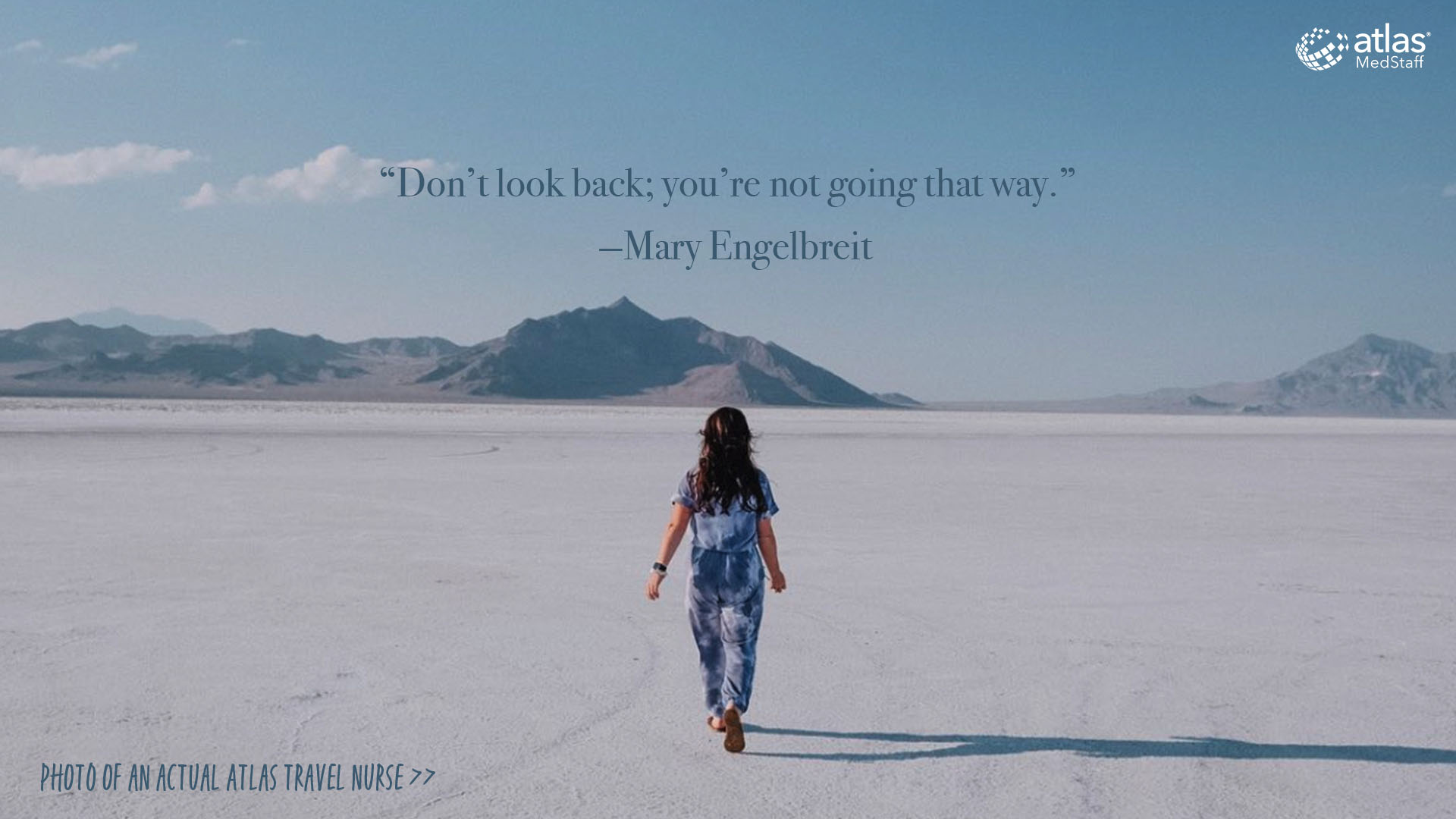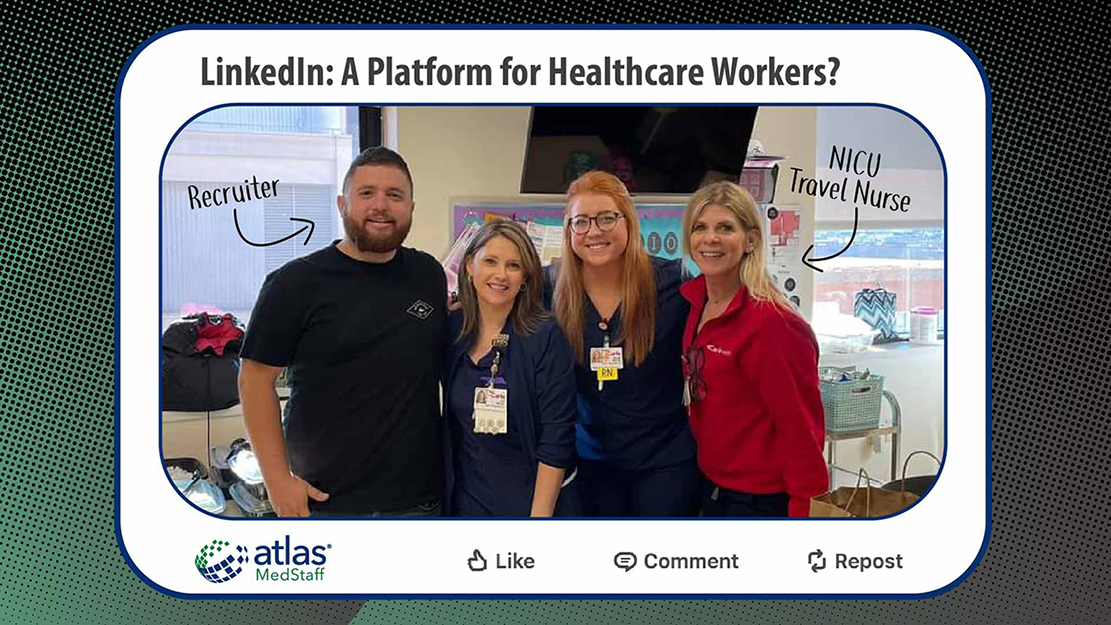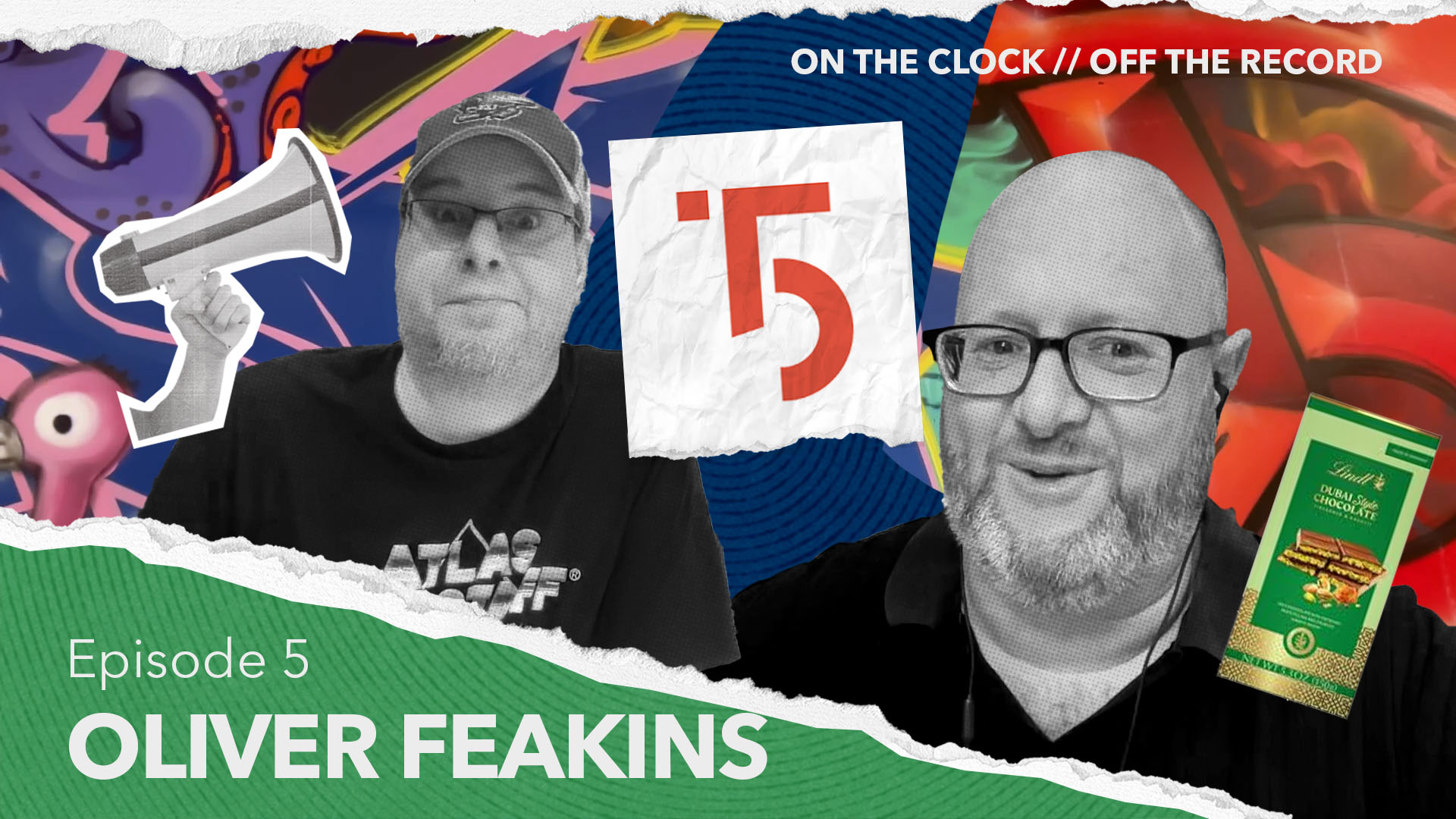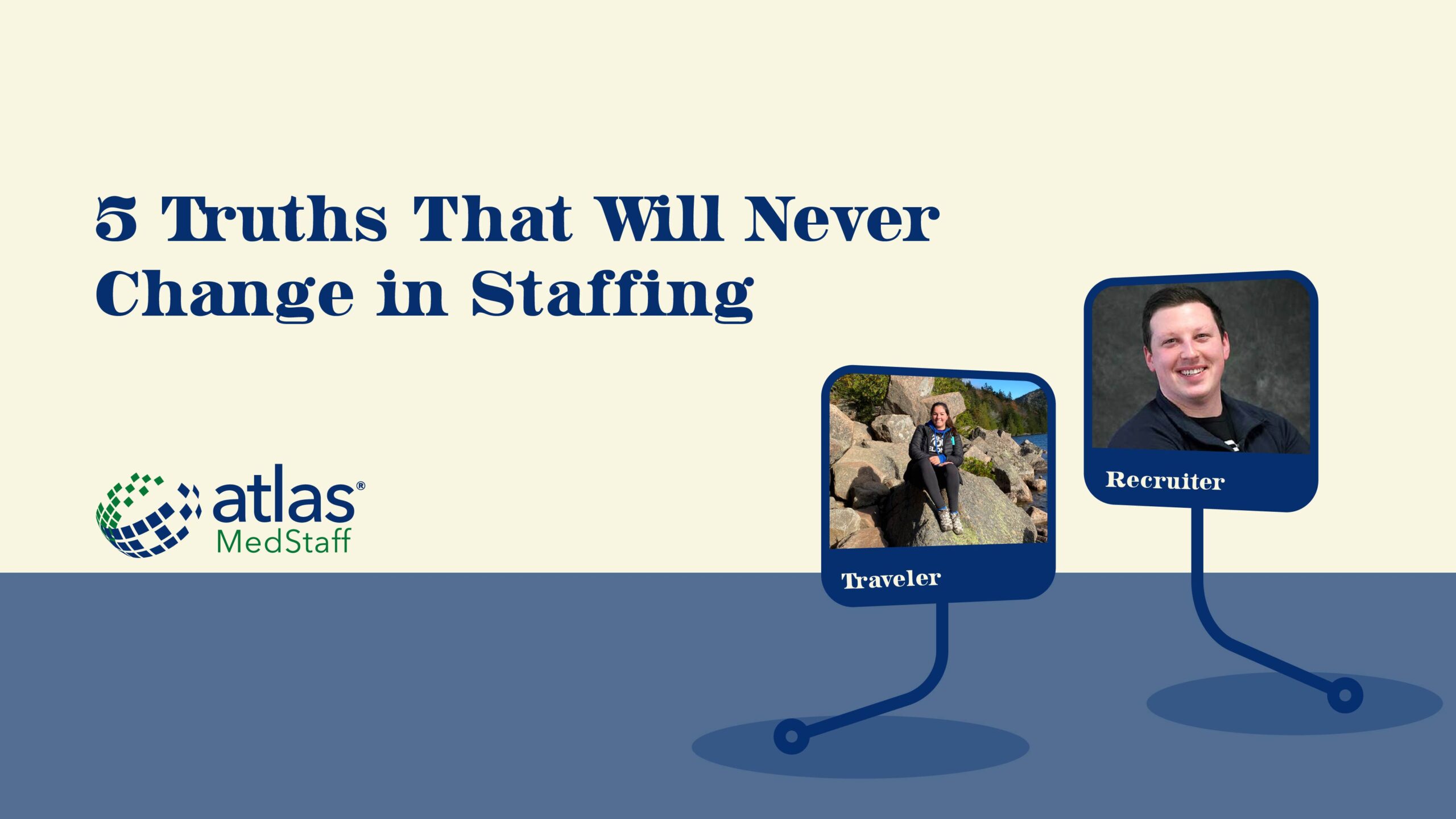Blog
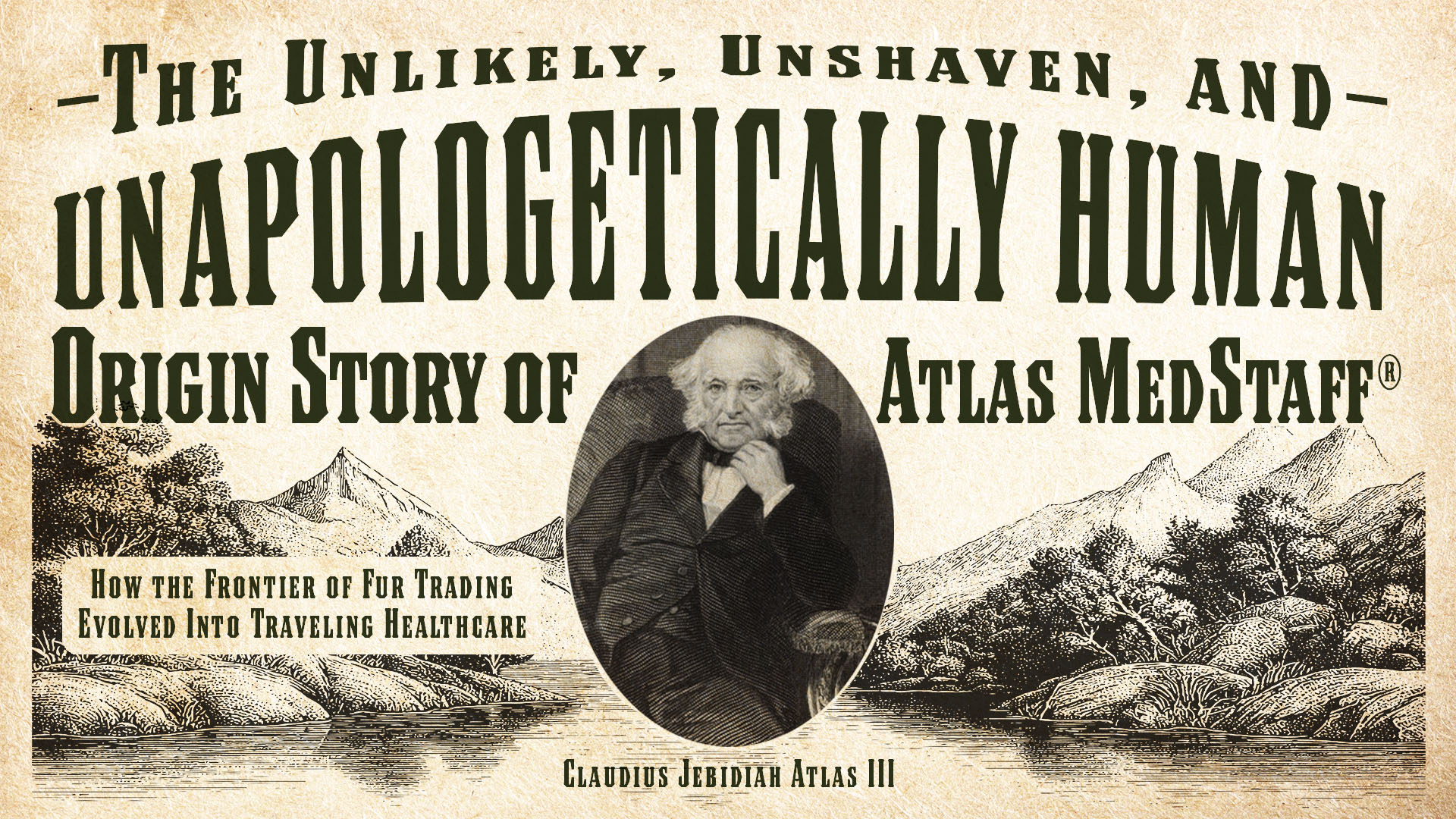
The Unlikely, Unshaven, and Unapologetically Human Origin of Atlas MedStaff (and Travel Healthcare)
Long before Atlas MedStaff became one of the most trusted names in healthcare staffing, it began—as all great ideas do—with failure, questionable decision-making, and a man named Claudius Jebidiah Atlas III.
Claudius wasn’t a doctor. He wasn’t a nurse. He wasn’t even particularly organized. What he was, however, was a relentless opportunist with a finely waxed mustache and an unwavering belief in the power of second (and third, and fourth) chances.
The Fur Trade Dream That No One Asked For
After arriving in the U.S. in the mid-1800s, Claudius set his sights on the booming fur trade. He figured: How hard could it be? Buy traps. Find animals. Make coats. Get rich.
Claudius promptly took a train west, simply because he had heard rumors of “vast, untapped fur reserves”. He made it as far as Omaha, where his finances officially dried up. He set up his first fur outpost and got to work. It was a one-room shack with a hand-painted sign: “Atlas Furs & Unfortunate Animals”
But…there was a problem. Claudius had no real trapping experience, and most of the men he recruited were just as unqualified—washed-up gold miners, failed poets, and a guy named Gary who claimed he could communicate with raccoons.
Predictably, the entire operation flopped. Worse, the team suffered constant injuries. Sprained ankles. Broken ribs. One unfortunate crossbow incident. Claudius was running a traveling injury factory without even realizing it.
The Accidental Invention of Travel Healthcare Staffing
To keep his dream alive, Claudius took a side job as a telegraph operator for the Union Pacific Railroad. That’s when inspiration (from desperation) struck. Using the railroad’s telegraph system, after hours of course, he began secretly reaching out to fur traders across the West, trying to staff his failing outfit with fresh talent.
That’s right, Claudius had inadvertently created one of the first remote staffing networks. But instead of placing nurses, he was placing untrained men into wild, unexplored forests to hunt wild animals. No surprise, it did not go well.
Eventually, Claudius realized his “hunters” were generating more hospital visits than pelts. So, he pivoted. If he couldn’t staff the fur trade, he’d staff the solution to the fur trade’s injuries. Out of pure necessity, he began using the telegraph to connect with nurses and techs willing to travel into the wild to care for his bruised and bandaged team.
Late one night, he sent out a desperate SOS (in Morse code):
“NEED STRONG-WILLED NURSES. STOP. MULTIPLE WOUNDS. STOP. POSSIBLE BEAVER BITE INFECTIONS. STOP.
To his surprise, nurses responded! From Boston, Chicago, even Salt Lake City—they came, traveling by rail, wagon, and once by hot air balloon. These were the first travel nurses. Tough as nails, waaaaaay smarter than everyone else in the story so far, and exactly what Claudius needed.
And just like that, travel healthcare was born.
From Telegraphs to Travel Nurses
Legend has it Claudius once managed six injured fur traders, three nurses and two therapists from a telegraph station during a blizzard using only a coat hanger and a frying pan for signal reception.
Was it OSHA-compliant? Absolutely not. Would Joint Commission have approved? No.
But was it effective? Shockingly, yes.
Claudius built routes. He scheduled rotations. He coordinated travel plans using train schedules, crude maps, and the occasional homing pigeon. His growing network of nurses began serving not just injured trappers, but also railroad workers, farmers, frontier towns—even the occasional outlaw with a bullet wound and a conscience.
It was messy, chaotic, and wildly ahead of its time.
A Legacy Built on Chaos and Compassion
Claudius eventually passed the business down to his son, who wisely dropped the fur trapping altogether and leaned into healthcare staffing full-time. Over the decades, Atlas evolved—navigating world wars, the Spanish flu, the disco era, and a brief detour into travel dentistry (don’t ask).
Telegraphs became phones. Phones became computers. Outposts became hospitals. Through it all, one thing never changed: the belief that skilled healthcare workers deserve to be supported, respected, and sent wherever they’re needed most—fast, fair, and fully equipped.
Today, Atlas MedStaff continues the mission Claudius started by accident:
Fun fact:
There’s a rumor that somewhere deep in the Omaha office, there’s a faded telegram that reads:
“SEND BANDAGES. ALSO, SOCKS. COLD TOES. STOP.”
And we’re still sending the socks (but only on your half birthday).
